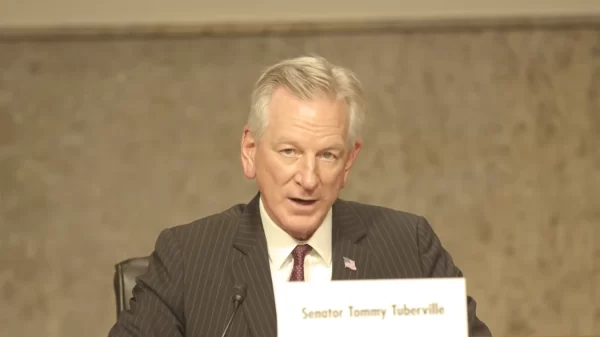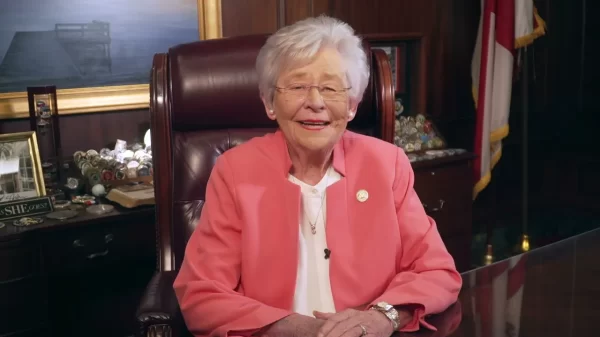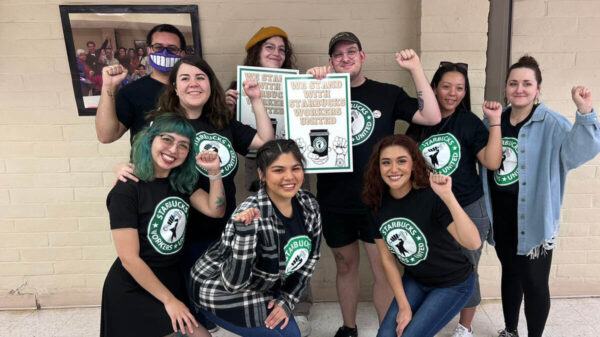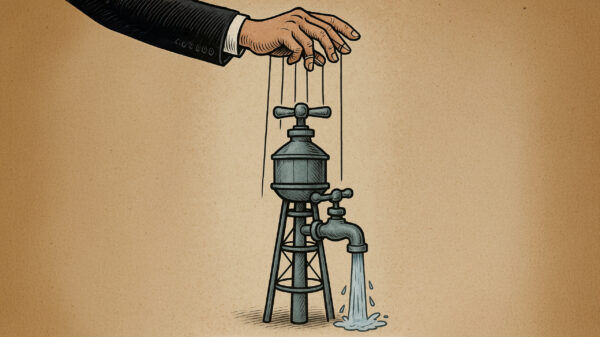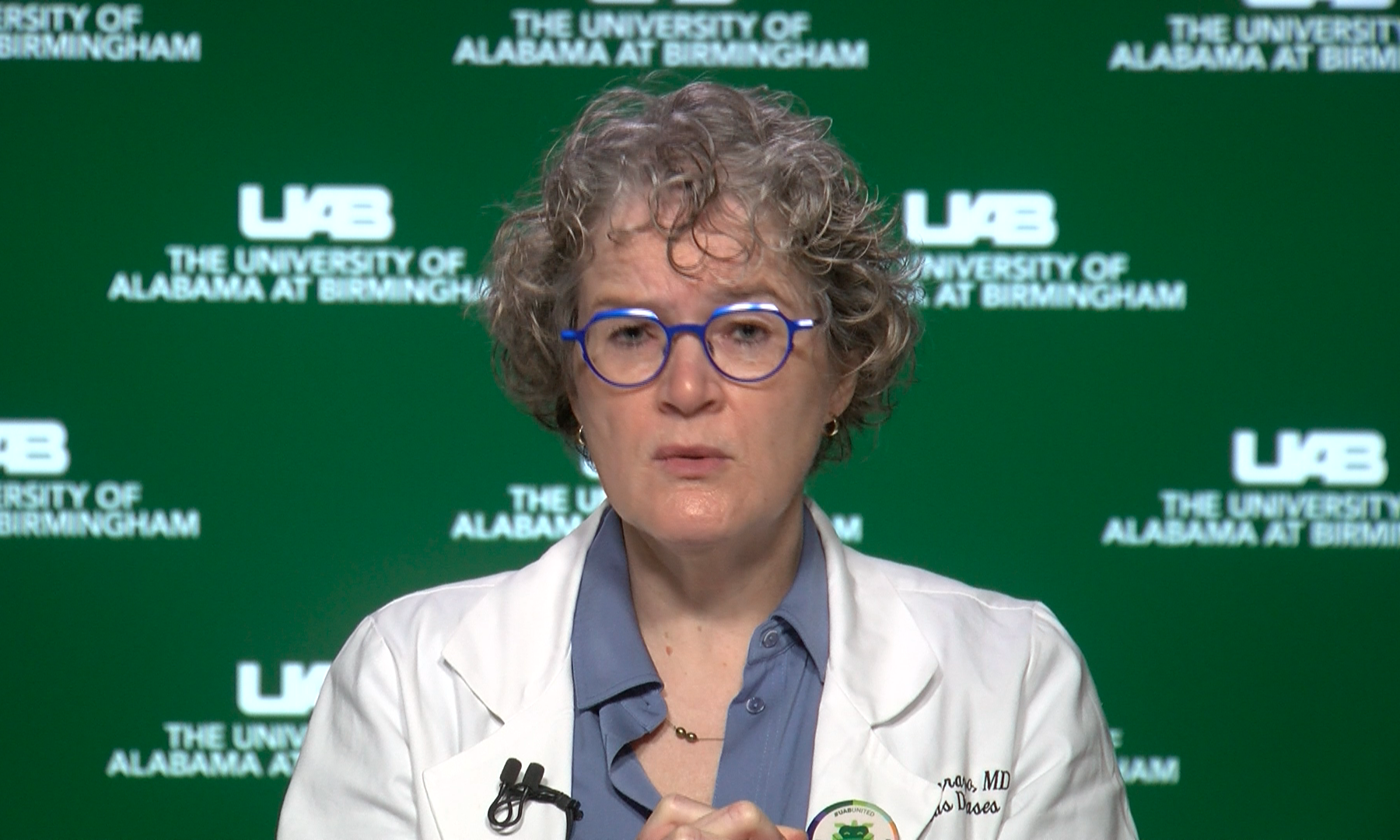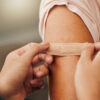Despite a Republican senator’s advice that those who have had COVID-19 should “throw away their masks” because they’re now immune, a leading infectious disease expert at UAB says that’s not so, and that UAB Hospital has cared for more than one patient who recovered from coronavirus only to contract it again.
“We’ve treated more than one, and I suspect we’re going to start seeing more, too, now that more people are getting infected,” said Dr. Jeanne Marrazzo, director of UAB’s infectious disease division, adding that when the first cases of reinfection were reported the general thought was that it was uncommon.
“I think it’s maybe not that uncommon,” Marrazzo said told reporters Wednesday.
Initially, the thought was less than 1 percent of those infected would get reinfected, Marrazzo said, but she’s not certain the chances are that low. It may be as high as 10 percent, she said.
She believes that’s possible because coronavirus is part of the spectrum of viruses that cause the common cold, and said we sometimes get common colds from different coronaviruses, and “sometimes the same coronaviruses winter after winter.”
Sen. Rand Paul, R-Kentucky, speaking about people who have recovered from COVID-19 during a Fox News interview Thursday said: “We should tell them to throw away their masks, go to restaurants, live again, because these people are now immune.”
Marrazzo warns, however, that she does not believe a person’s natural immunity after infection from coronavirus is particularly long-lasting.
“The cases that have been described have been very persuasive, and they’ve happened pretty much after about three months, which makes sense because your antibody probably doesn’t last beyond three to four months, even though we have some debate about that,” Marrazzo said. “I do think reinfections are a risk.”
“When we see people in clinic in follow-up, even if they’ve been infected, we tell them to continue to practice all the same precautions that we tell somebody who hasn’t been infected,” Marrazzo said. “Please. If you’ve had COVID before don’t assume you’re not susceptible again.”
“It may mean your second infection isn’t as severe, but it doesn’t mean you can’t transmit it,” Marrazzo said. “Even if you don’t have a bad infection the second time, you’re still able to give it to somebody who might have a bad infection the second time.”



